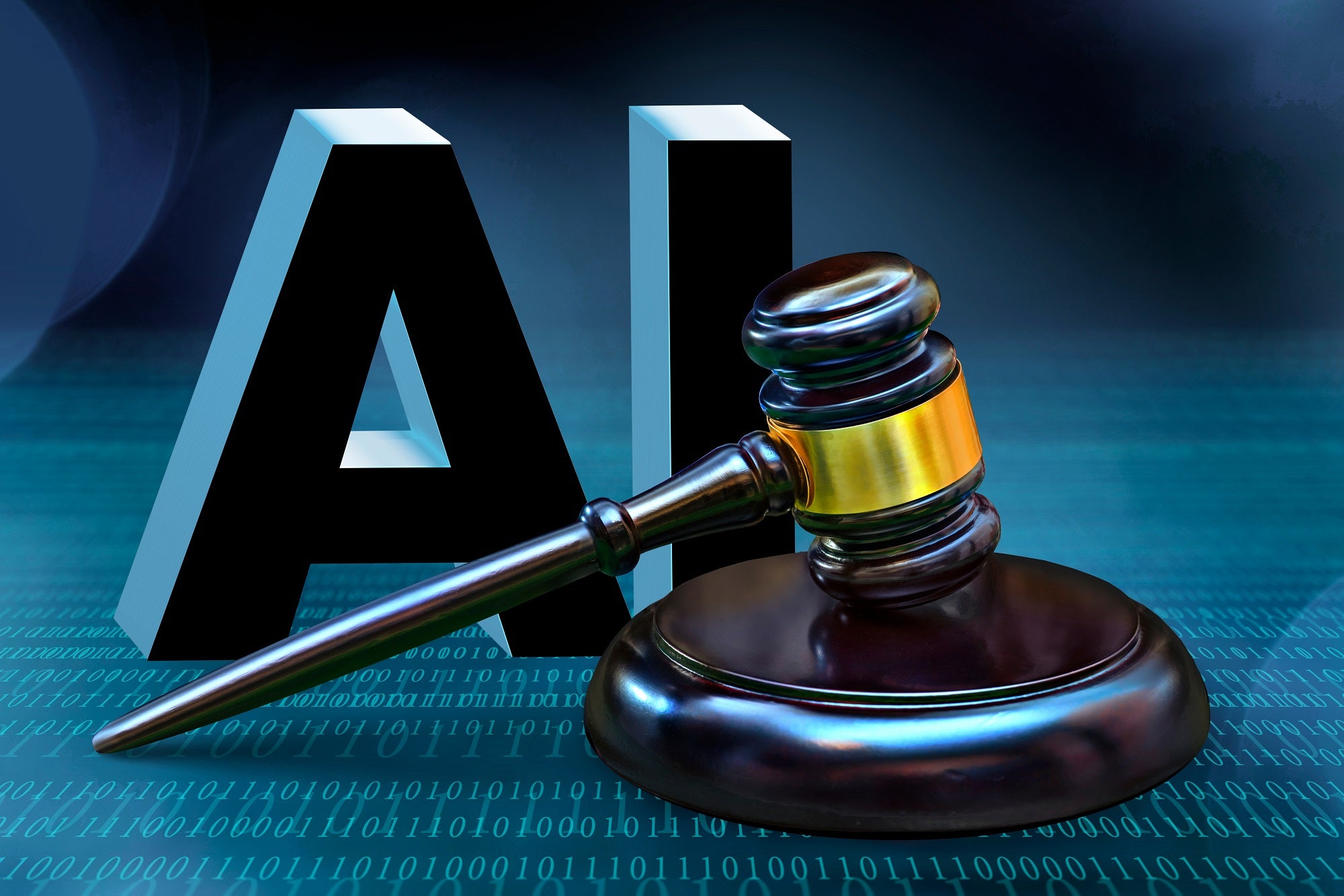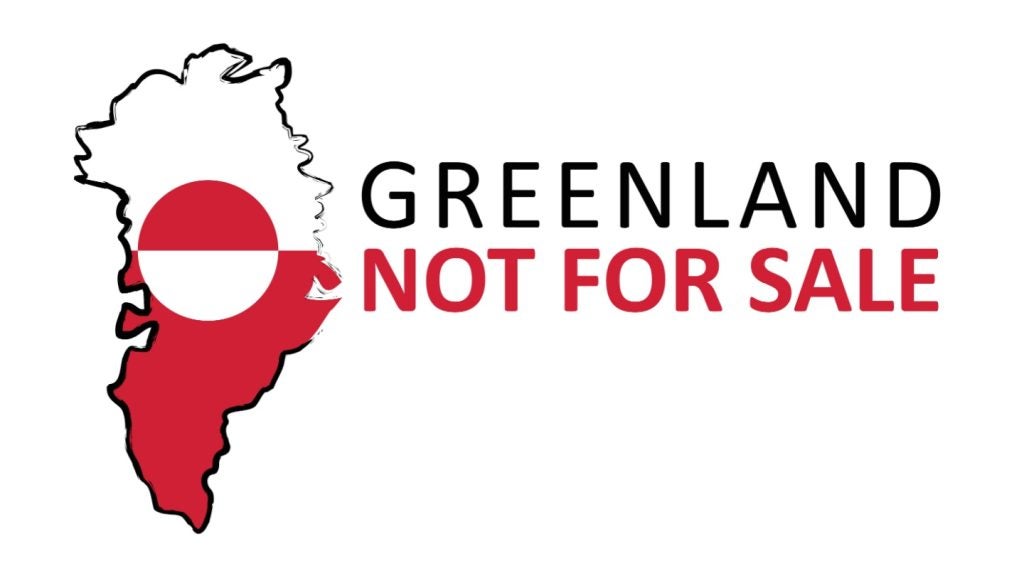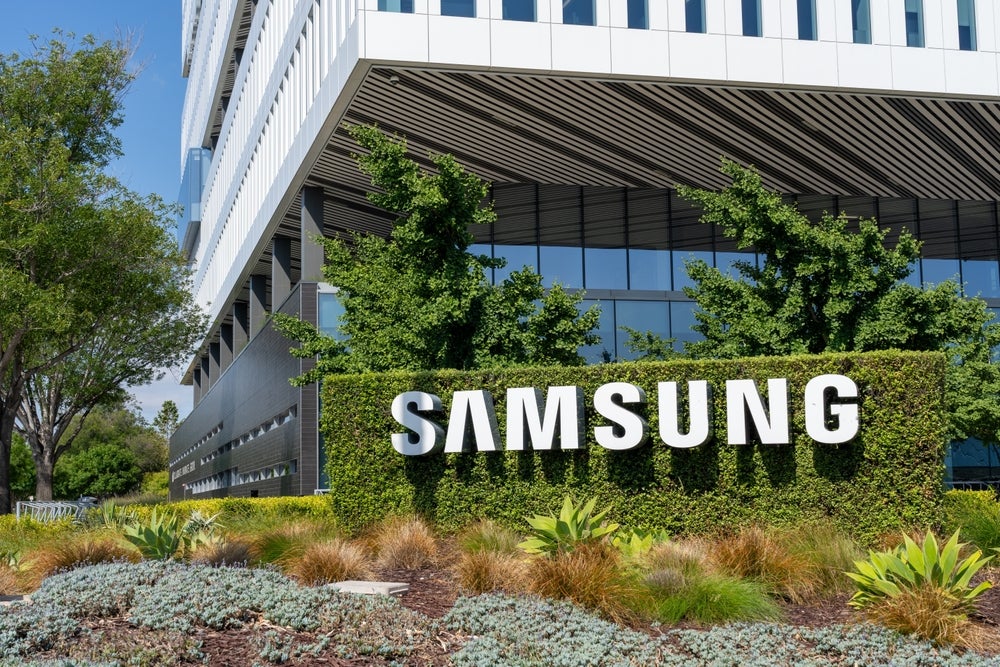
Two different bills on artificial intelligence (AI) were introduced by US senators from both parties as authorities try to find ways to regulate the new technology, reported Reuters.
One of the bills would mandate transparency when AI is used by the US government to communicate with people.
Meanwhile, the other proposes setting up an office to ensure that the US has a competitive edge in leading technologies.
As AI becomes more prevalent, lawmakers are starting to think about what additional regulations might be required.
Senators Mike Braun and James Lankford, both Republicans and Senator Gary Peters, a Democrat who chairs the Homeland Security Committee, have introduced legislation requiring US government entities to notify individuals when they use AI to engage with them.
Additionally, the bill proposes that government agencies to establish a procedure for people to challenge any AI-based judgements.
How well do you really know your competitors?
Access the most comprehensive Company Profiles on the market, powered by GlobalData. Save hours of research. Gain competitive edge.

Thank you!
Your download email will arrive shortly
Not ready to buy yet? Download a free sample
We are confident about the unique quality of our Company Profiles. However, we want you to make the most beneficial decision for your business, so we offer a free sample that you can download by submitting the below form
By GlobalData“The federal government needs to be proactive and transparent with AI utilisation and ensure that decisions are not being made without humans in the driver’s seat,” said Braun was quoted by the news agency as saying.
Together with Republican senator Todd Young, Democrats Michael Bennet and Mark Warner presented a bill that would create the Office of Global Competition Analysis.
According to CNBC’s report, the bill is named the Global Technology Leadership Act.
The proposed office would be tasked with analysing how competitive the US is in areas such as AI, chips and quantum computing in comparison with rivals such as China.
It would be composed of specialists from the Pentagon, the intelligence community, and other pertinent agencies who use both commercial data from the private sector and intelligence data to make these assessments.







